The 'peace' prize: ‘Malala, Satyarthi’s share of award might help ease Indo-Pak tensions’
'Celebrating daughter of Pakistan and son of India' session held in honour of the laureates.
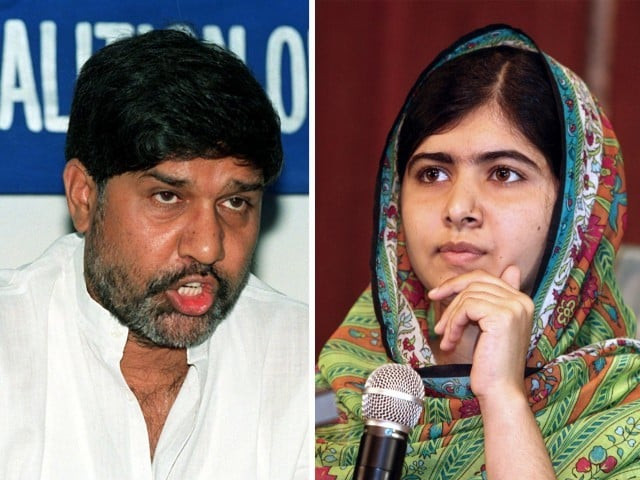
While Malala Yousufzai and Indian child right activist Kailash Satyarthi share the recently awarded Nobel peace prize, there is a ray of hope for those who wish to see the neighbouring countries turn swords into ploughshares.
With the diplomatic peace initiative between the two countries hitting snags, segments of the civil society and representatives of non-governmental organisations (NGOs) are hinging hopes on the Nobel laureates for resumption of the process.

NGOs Pakistan Peace Coalition (PPC) and Institute for Democracy and Development organised a session, titled 'Celebrating daughter of Pakistan and son of India', on Monday to honour the laureates. The participants called for a regional and integrated framework for development and for addressing issues like poverty, unemployment and extremism.
"Malala is the name of a mind-set which has challenged the anti-women and anti-education narratives globally," said Women Action Forum's Prof Amar Sindhu. She lamented that the relations of the two countries are being held hostage by their respective security establishments.
"We are witnessing how Prime Minister Nawaz Sharif is being punished for visiting India to attend the oath-taking ceremony of Indian Prime Minister Narendra Modi," she said. PPC secretary Zulfiqar Halepoto said that the sharing of the prize by people belonging to two hostile countries itself paves the way for peace. "This is the way forward to capitalise on their struggle for child rights to come up with confidence-building measures between Pakistan and India."

Dr Arfana Mallah, the president of Sindh University Teachers Association, said that the terrorists who wanted to deprive Pakistani girls of education have failed in their mission. Malala, after having survived the attack, emerged as the torchbearer of education, she added. "She symbolises courage and has conveyed the message to all about how important education is for their children."
Mallah also urged the government to declare December 10, the International Human Rights Day, as 'Malala Day' and to arrange a nation-wide celebration when the young achiever receives the prize.
She claimed that the Sindh government had approved a chapter in the school textbooks for Malala. However, the books have either not been published or made available at the schools due to the pressure of extremist elements.
Sindh Agricultural and Forestry Workers Coordinating Organisation's Suleman Abro, Shahnaz Sheedi, Punhal Sariyo and others also expressed their views. The speakers were hopeful that the laureates will influence the future relations of Pakistan and India. They urged the prime ministers of the respective countries to attend the award-winning ceremony in Oslo, Norway.
Published in The Express Tribune, October 22nd, 2014.



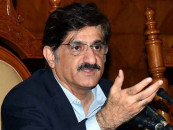
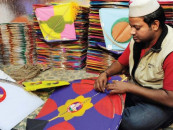




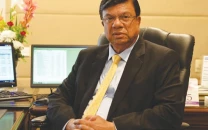
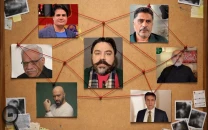








COMMENTS
Comments are moderated and generally will be posted if they are on-topic and not abusive.
For more information, please see our Comments FAQ